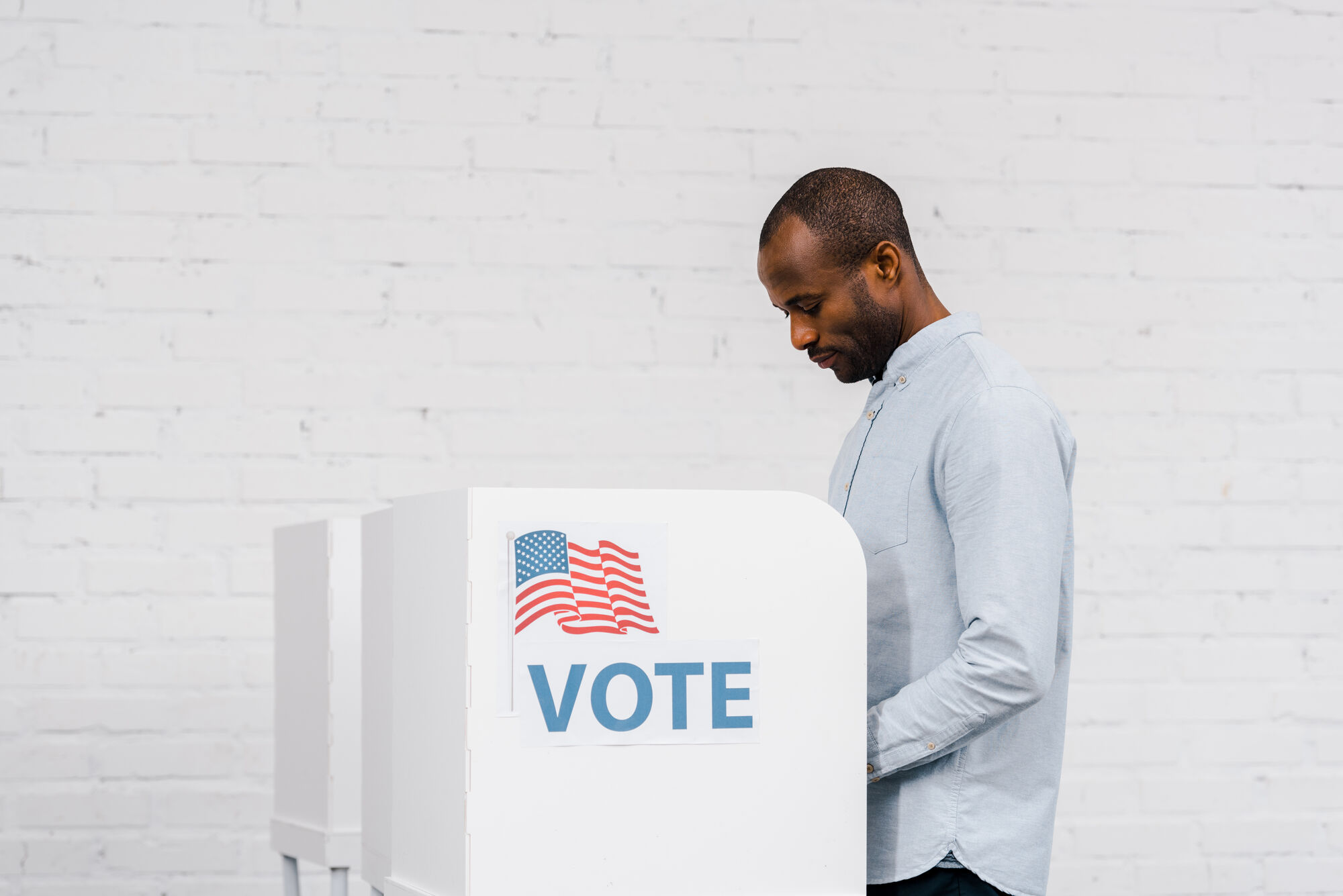Our country is deeply divided when it comes to politics and public policy, and sadly that affects our relationship with other Christians.
I currently serve as the acting president for TEAMM, a local association of ministries and ministry leaders. The name is an acronym that stands for the Tippecanoe Evangelical Association of Ministers and Ministries. That’s where the extra “M” comes from.
However, a few years ago, we were lamenting the fact that our association of churches was entirely white, and I was shocked to learn that one of the reasons we didn’t have any African American pastors in TEAMM was the word “Evangelical.” That term is so often associated with right-wing politics that it was off-putting for the often left-leaning African American Christians in our town.
Things are changing these days, though, and it’s largely because of men like Pastor James Foster and Pastor Kim Dickens, two African American pastors who have taken the initiative to build a bridge between the white and black churches in Lafayette regardless of politics.
As I’m getting to know them better and the churches in which they minister, I’m also learning about the political divide between Christians, and it’s making me think through not only why we are divided but what to do about it.
Now, Christians are divided over a number of different things—style of worship, method of baptism, position on the end times—but most Christians still share the same core belief that Jesus died, rose again, offers forgiveness and expects our allegiance. It stands to reason that we might share our perspective on public policy right? Well, we don’t. Instead, public policy divides Christians in exactly the same way it divides everyone.
Here are just a few issues that divide Christians.
- Pro-Life / Pro-Choice
- Gay Marriage
- LGBT Equality
- Supreme Court
- Gun Rights
Not surprisingly, these are the same issues that divide Americans in general.
Why can’t we agree?
As I consider the political issues that divide Christians, I’m confronted with three main reasons why Christians can’t agree.
First, we have different priorities.
Divisive issues almost always come down to weighing two priorities. In abortion, some Christians see the government’s highest priority as being the defense of the defenseless. However, other Christians see the government’s highest priority as being the concern for the wellbeing of the woman. The problem for Christians is this: how do you weigh the worth of the unborn life against the worth of the woman? Whose wellbeing is of greater concern?
My personal conviction is that no amount of personal inconvenience outweighs a human life, and therefore I am strongly pro-life, but I know people with other priorities.
But that’s not even the biggest priority problem. The biggest priority problem is that personal priorities are often not the same as governmental priorities. Public policy doesn’t always fall in line with personal priorities, and on this topic, the Bible doesn’t offer much help. The Old Testament gives rules for a religious society, but few rules are ever given to us for the governance of a secular society. The Bible gives personal policy and church policy but not public policy.
Second, we are forced to choose.
For most groups, the disagreement over priorities need not be divisive. When a disagreement comes up, you can work through the specifics of that issue, agree to higher priorities and move forward, but governments don’t have that luxury. Governments need to create laws that make priorities clear and enforce them often without regard to specific circumstances.
In the US, it is not only the government that must make the priorities clear, it is we who do so with our vote. The process of voting pushes people to rank their priorities. This is exacerbated by the fact that we don’t vote on priorities directly, we vote on people and complex legislation, and no candidate and no legislation perfectly represents my own priority hierarchy. Should I vote for a candidate who holds my top priority but none of my others or for a candidate who doesn’t hold my top priority, but does hold two or three of my lower priorities?
Third, we are over-confident.
Finally, most people are in the same boat with one thing: once you decide your priorities, you defend your priorities against threats. When we have gone through the hard mental work of making a decision to adopt a worldview or priority hierarchy, we reward ourselves psychologically by determining to protect that worldview.
Everyone is like this.
However, that need to defend our decisions makes us over confident in those decisions, and we conclude that if someone else doesn’t agree with us, that other person must be wrong.
In the case of Christians, we decide that the other person is less of a Christian or not a Christian at all.
So, Here’s How To Survive an Election
- Identify the priorities of both/all the candidates (write them down).
- Identify your own priorities.
- Talk to other Christians about your priorities and why you order them the way you do.
- Work to understand their priorities.
- Re-evaluate your own priorities in light of your conversations.
- Support the candidate who most closely matches those priorities.
- If you meet another Christian who disagrees, go back to step 3.
